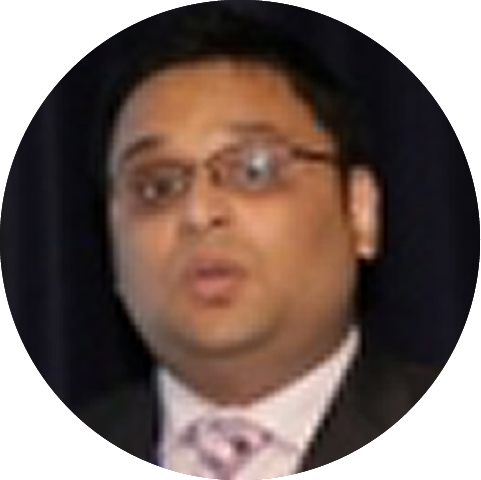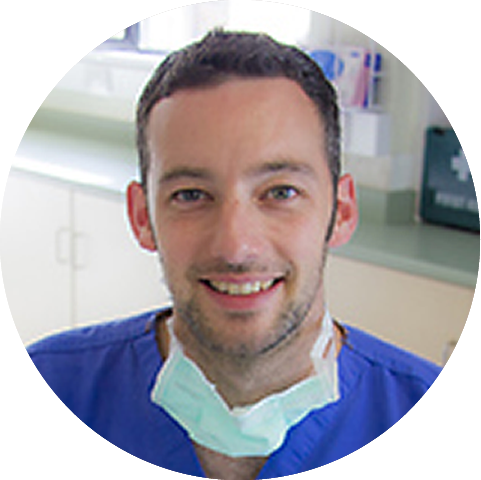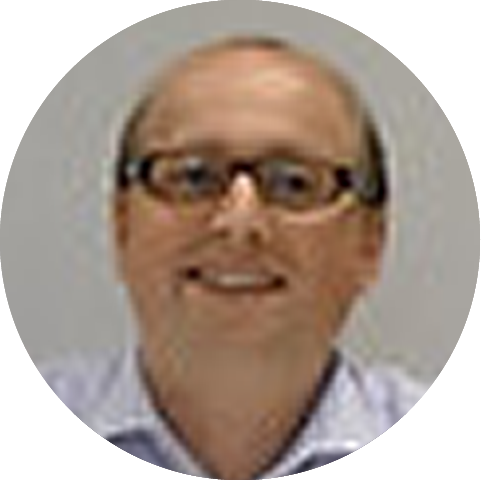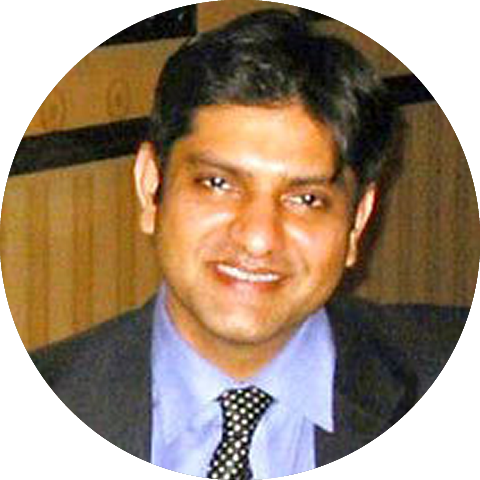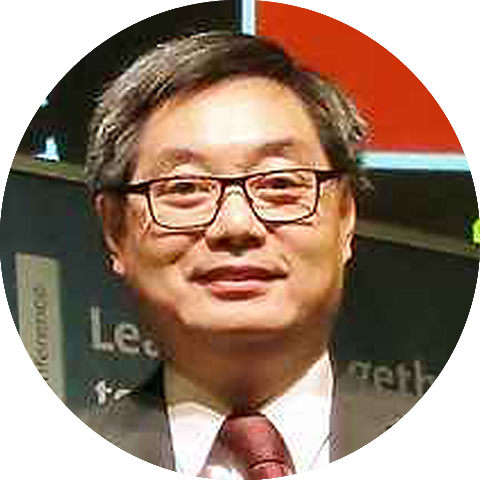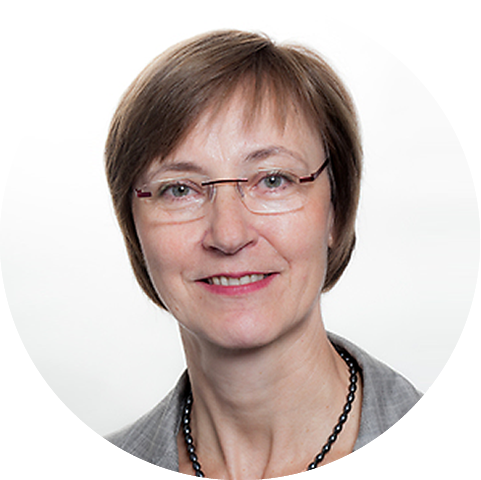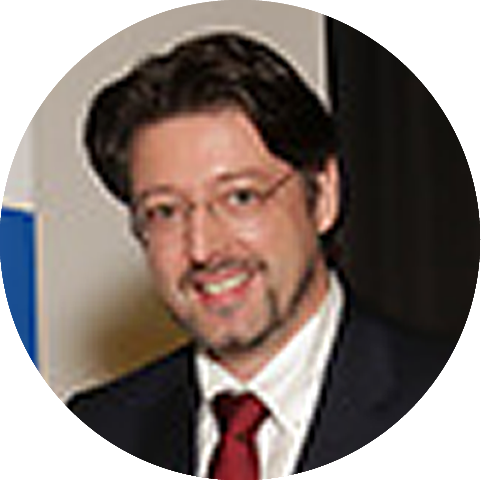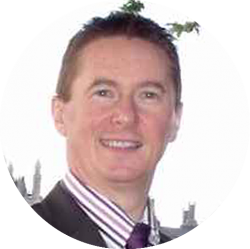"Dear colleagues, dental educators and administrators. My name is Dr. Christoph Ramseier. I am working as a periodontist and a senior lecturer at the School of Dental Medicine of the University of Bern, Switzerland.
In 2014, I received the Excellence in Dental Education Award as a Mature Educator from the Association for Dental Education in Europe ADEE. I am most honoured and privileged to have received this award. With the following lines I would like to take the opportunity to thank the ADEE for giving me this great honour.
Receiving this award from the ADEE means so much to me. My position includes teaching and mentoring undergraduate dental students, treating patients with periodontal diseases, and conducting both educational and clinical research studies. I also work in a number of bodies and faculty committees at the University of Bern."
E-Learning
"The ADEE Excellence in Dental Education Award as a Mature Educator is acknowledging my work as a dental educator. I have always been passionate about teaching and in particular about e-learning.
In the early 1990’s I was developing a method of computer-based learning. I called it Hypercorridor-based education (HCBE, www.hypercorridor.ch). It was the first online learning module written for dentists and dental hygienists on “Toothpastes” using the Hypercorridor principle was published in 1998.
In 2000 I graduated as a Dr. med. dent. (Switzerland) at the University of Bern with the production of an e-learning module on the quality control in Periodontology using the Hypercorridor principle. In 2001, I was privileged with the opportunity to give a presentation on Hypercorridor-based education at the ADEE annual meeting in Bern.
In the beginning of 2003 I conducted a randomized controlled educational trial evaluating e-learning using an online learning module in comparison with conventional learning using a paper manuscript. Applying a pre-and post-test study design we compared both the dental students’ scores from all the tests with the time spent for learning in both groups. This study was later published in 2012 in the ADEE’s European Journal of Dental Education. What we found was that online learning in dentistry may save time and that this information may be valuable when developing new dental curricula."
Ongoing development of new dental curricula
"I was appointed as an senior lecturer at the Department of Periodontology of the University of Bern in 2001 where I became responsible for the undergraduate curriculum in Fixed Prosthodontics of the 4th year dental students at the School of Dental Medicine of the University of Bern.
After my graduation as a periodontist in 2004, I took a position as a postdoctoral research fellow at the University of Michigan in the United States. Following my return from the U.S. in 2008, I became responsible for the undergraduate curriculum in Periodontology at the School of Dental Medicine of the University of Bern. My main focus has been to improve and maintain the alignment of theoretical contents in Periodontology educated conventionally in classrooms with both the comprehensive care student course and the assessment of the dental students following the treatment of patients in the undergraduate student clinic."
Ongoing changes in dental care
"Over the past ten years, oral health care has changed in a number of ways. One aspect of these changes includes the implementation of patient counselling and methods of communication, such as Motivational interviewing, for the support of behaviour change and health promotion with the dental patient.
I became involved in tobacco dependence treatment in 2002. I noticed that the dental profession needed to expand in the areas of both patient counselling and in particular in tobacco use prevention and cessation. Consequently, I initiated and chaired two European workshops on tobacco use prevention and cessation for oral health professionals in 2005 and 2008. The position papers of these workshops were published and they concluded that oral health professionals have to be engaged in the treatment of tobacco dependence. Consequently, concepts for tobacco use prevention and cessation have to be implemented into both undergraduate and continuing dental education.
Furthermore, according the current evidence available today, the communication with the dental patient related with behaviour change will need to be encouraged further in particular with patients suffering from chronic oral diseases such as periodontal disease or dental decay.
Therefore, my plans for the future include conducting further studies in dental education at the School of Dental Medicine, initiating a next European Workshop on the implementation of health behaviour change counselling, and, while always being in alignment with the current evidence, the implementation of new concepts into dental curricula.
I am very much looking forward to attend the 2015 ADEE annual meeting in Szeged, Hungary. By accepting the proposal from the Faculty of Dentistry of the University of Szeged to hold an annual meeting on “Communication and Interaction in Dentistry” the ADEE clearly demonstrated their willingness to address the importance of this topic.
I am privileged to be invited as the main speaker of the pre meeting workshop on Motivational Interviewing. I am very excited and enthusiastic for future collaborations with the ADEE to further implement communication and health behaviour change counselling into dental education.
The 2014 Excellence in Dental Education Award from the ADEE was acknowledging my work as a clinician, an oral health researcher and a dental educator. This award gives me much higher confidence to continue my work and carry on the efforts to improve oral health and quality of life."


